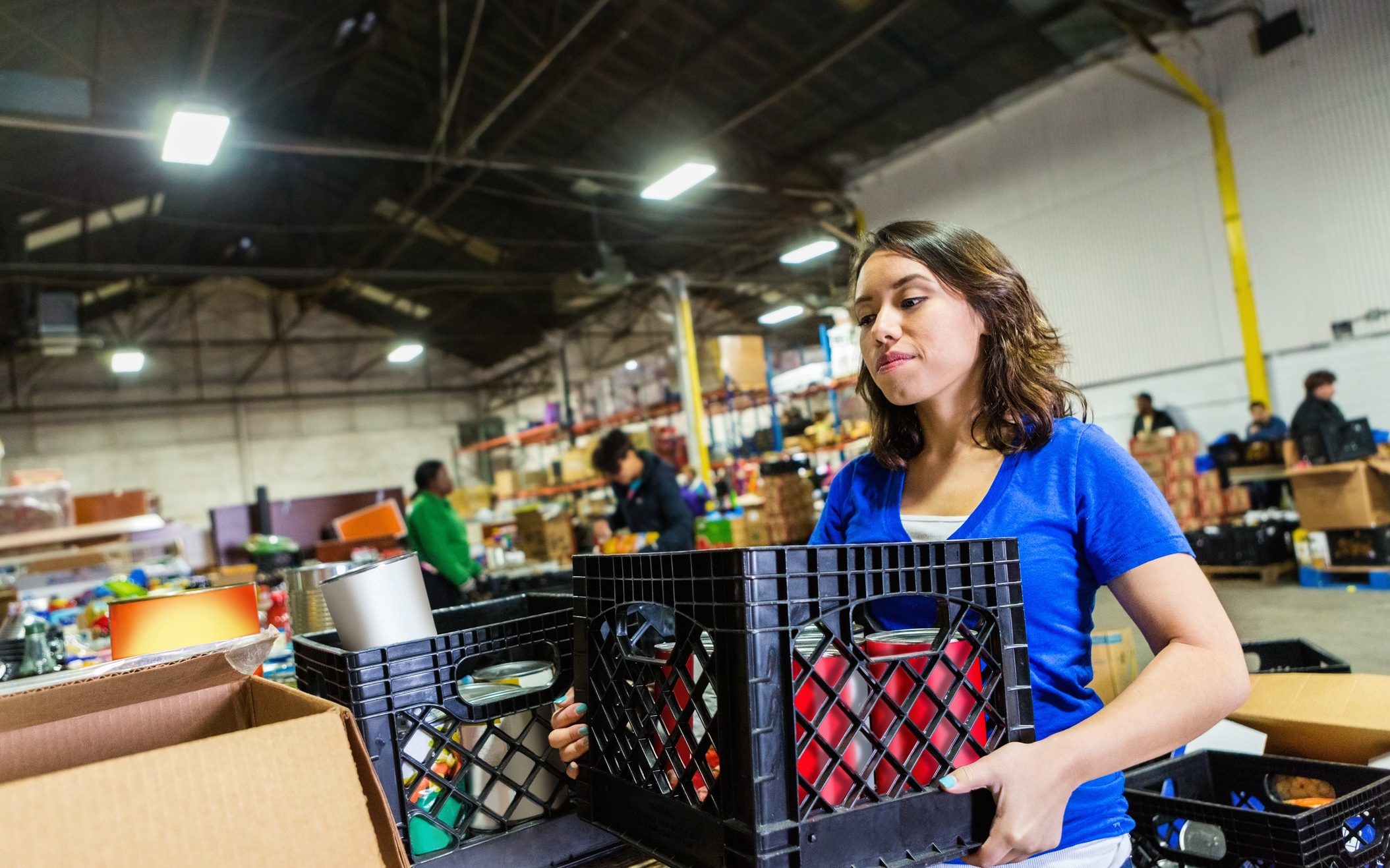
Politics & Society
Homelessness in the World’s Most Liveable city

Many of Australia’s not-for-profit organisations, representing some of our most disadvantaged people, stay silent on big issues for fear of funding cuts or political payback
Published 12 December 2017
If a healthy democracy is built on the premise that public debates should allow for many and diverse voices to be heard as part of the contest of ideas that leads to sound policy making, then Australians have three reasons for concern.
The first is our finding of non-government organisations ‘self-silencing’ as released in the Civil Voices: Researching Not for Profit Advocacy report.

The data shows that many not-for-profit organisations, representing some of Australia’s most disadvantaged people, are cautious about advocating dissenting views for fear of losing government funding and other forms of political retribution.
Of the 1462 senior representatives of Australia’s non-government organisations surveyed, more than half think Australian political culture is not encouraging of political debate.
The survey identified the barriers to being heard included: fears of funding cuts; less access to policy making processes than in the past; fewer resources available for advocacy, lack of media interest, and restrictive clauses in government funding agreements that limit public commentary.

Politics & Society
Homelessness in the World’s Most Liveable city
More than 80 per cent of respondents have Deductible Gift Recipient (DGR) status, meaning that they can accept donations from the public. Four in 10 directly linked the prospect of speaking out as a threat to their DGR status.
The end result is a degree of ‘self-silencing’ or ‘quiet advocacy’ whereby charities and not-for-profits attempt to minimise the risk of retribution by selectively choosing which battles to fight.
As one respondent said: “As a non profit receiving government funding we are concerned about any negative perceptions that governments may form and possible repercussions”. Another wrote: “Advocacy could adversely impact relationships and government decision-making on funding and engagement”.
And this response: “In general, our advocacy is quiet and within government’s defined consultation frameworks.“ Put more simply, another said we “pick our battles carefully.”
While the survey found that advocacy is not the foremost function of most not-for-profit organisations – it is service provision – advocacy matters because according to liberal democratic theory, citizens should be able to encounter diverse and multiple viewpoints, including those of dissenting voices and those critical of the state.
In the digital age, not-for-profits were adept at using social media, particularly Facebook, to engage with stakeholders and to attract followers. But the data showed social media was not a very effective tool for communicating with key political or media targets.

Spanish sociologist Manuel Castells reminds us that in a democracy the relationship between the state and civil society is key because ‘without an effective civil society capable of structuring and channelling citizen debates over diverse ideas and conflicting interests, the state drifts away from its subjects’.
In other words, democratic representation is called in to question.
This might go some way to explaining falling levels of public trust in government as recorded in many developed democracies including Australia by Australian National University’s long-running survey‘ Trends in Australian political opinion’.
In 2016, it found that 74 per cent of respondents believed people in government look after themselves (up from 66 per cent in 2013). Our 2017 study had a similar finding with 71 per cent of NGOs of the view that people in government look after themselves rather than be trusted to do the right thing.

Politics & Society
Liberal Democracy: Why we may be losing it
Somewhat encouragingly, the 2017 Civil Voices findings were less bleak than the benchmark survey of the NGO sector undertaken in 2004 by the Australia Institute with one of our study’s authors, during the Howard era.
It found that NGOs felt the government was undermining their credibility, shutting them out of civic discourse, defunding (or threatening to defund) organisations that were considered uncooperative, and micromanaging NGO activities by dismantling peak bodies.
Those historic findings, however, have not-so-faint echoes of a second cause for concern: the Turnbull Government’s recent appointment of Dr Gary Johns, a vocal critic of the charity sector to head the Australian Charities and Not-for-profits Commission (ACNC).
The former federal Labor MP and commentator with the conservative think-tank, the Institute of Public Affairs, has previously argued advocacy should not be considered a purpose of charities. He has singled out environmental not-for-profit groups and made controversial comments including that the state should insist that welfare recipients take contraception or face the consequences of ‘no contraception, no benefit’.
Finally, a third issue is the newly expanded powers of the ACNC announced by the Minister for Revenue and Finances, Kelly O’Dwyer, a few days before Dr John’s appointment to lead the commission.

While little detail is yet provided of what the reform of ‘the administration and oversight of organisations with Deductible Gift Recipient (DGR) status’ will involve, the Minister did make clear that the ACNC and the tax office will receive extra funding to ‘review a greater number of DGRS for ongoing eligibility.’
After his appointment last week, Dr Johns stated that the Commission’s goal will be to help ‘the donor market drive the charity dollar to its most efficient and best uses’.
How he conceives ‘best uses’ is a matter that time will tell.
Until then, Australians have reason to be apprehensive about our research findings showing that some civil voices are not being heard in our liberal democracy.
Banner image: iStock